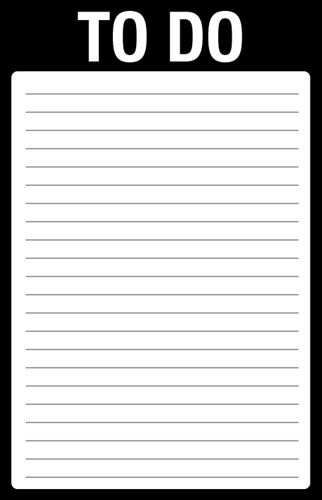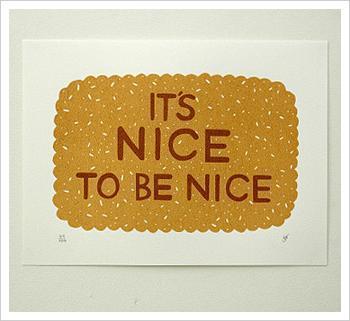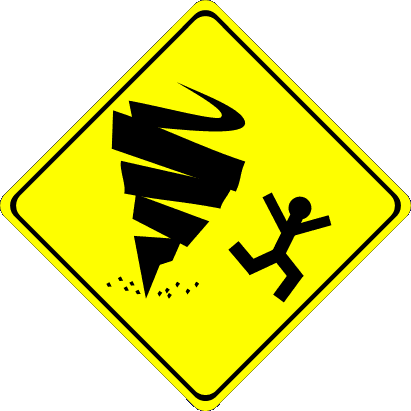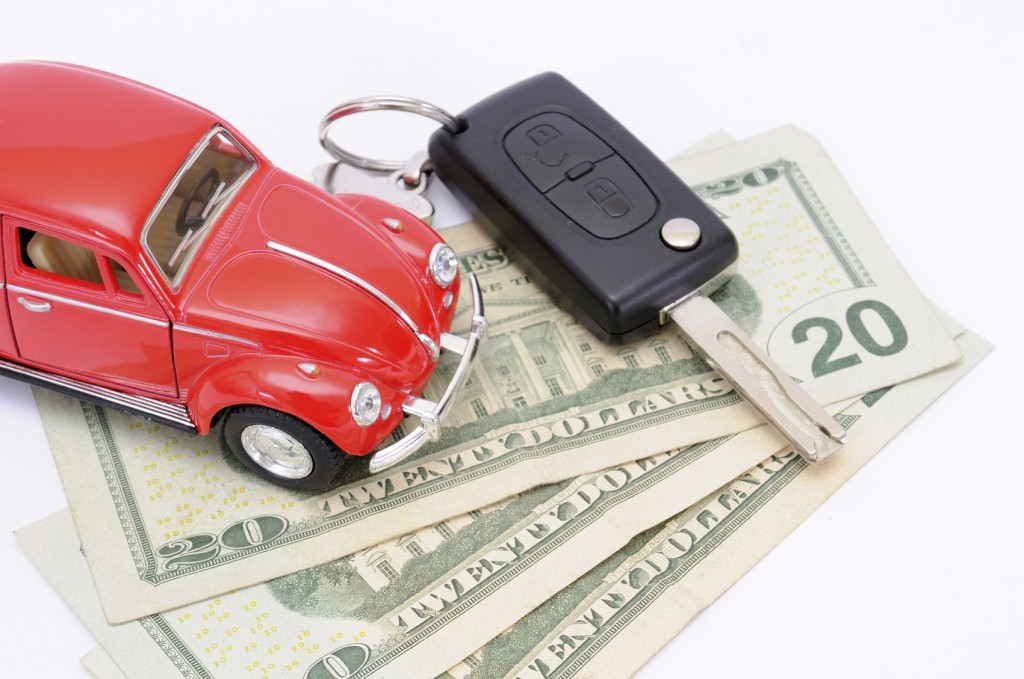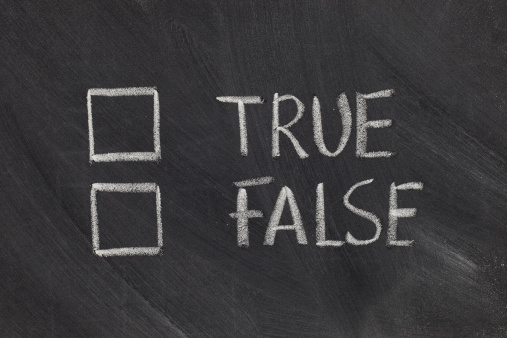“To-Do” Lists- The Right and Wrong Ways to Make a List
For me, having a plan has always helped, and every good plan comes with a list. A to-do list of things you hope to accomplish, or a list of work that needs to get done. There is a right way and a wrong way to make a to-do list according to Forbes….

